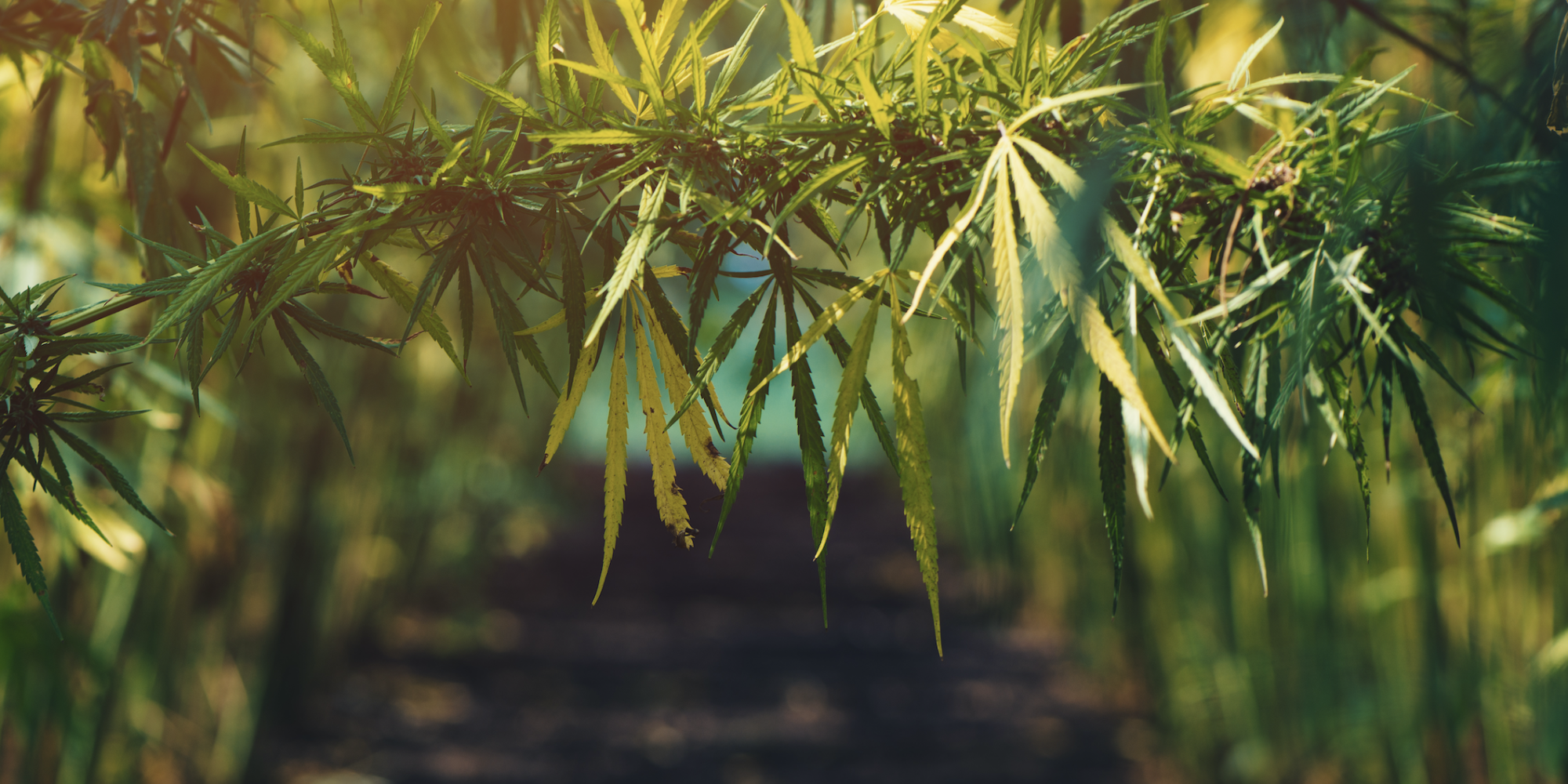11.21.2025
Sausage casings bulletin, November 21, 2025

...

Dr. John McKay, Director of Genetics for New West Genetics and Josh Schneider, CEO of Cultivaris spoke at the virtual Hemp Industry Daily conference today, running concurrently with the MJBizCon Next conference. Both of these guys have been involved in horticulture and research for many years and provide technical leadership to their respective breeding companies. Cultivaris produces and distributes young plants propagated under sterile conditions, New West produces hemp seed genetics, including an AOSCA certified hempseed grain variety.
The seed segment avoids disease transmission that the young plant segment is susceptible to. Virus can be particularly insidious in the plant world and is easily transmitted and persistent. Tobacco Mosaic Virus (TMV) can be spread by the hands of cigarette smokers, and once present in a greenhouse can be difficult to eradicate. Popular ELISA assay tests aren’t effective with Cannabis spp., Schneider says. Viruses are particularly adaptive and pernicious, crossing species boundaries readily, as suspected with COVID-19’s emergence. As Cannabis spp. is grown more frequently and higher overall density, new pest and disease issues will emerge, particularly with the lack of crop rotation – which is typical for many hemp producers.
Hop latent viroid, Hop latent virus, and Hop stunt viroid are newer threats to Cannabis spp. after recent intergeneric breeding research with hops. Hop Latent Viroid is pollen transmissible, at less than 3%, but still…. Cultivaris uses extensive clean programs, leveraging tissue culture to efficiently produce large numbers of disease free young plants. As mentioned, seed grown plants avoid virus. Mckay quipped that biology handles the clean program in sexual propagation.
Tri-cropping was discussed from a hemp breeding perspective. This is the practice of harvesting hempseed, fiber, and flower for cannabinoid extraction. McKay sees more acreage shifting to grain and fiber in coming years and alluded to the concept of whole plant utilization. Hemp seed genetics for hempseed and fiber have been developed more extensively in recent decades, in places where legal, whereas CBD genetics are in their infancy. Though it wasn’t discussed, hemp traits can work against one another in breeding and production. High quality bast fiber is optimally harvested before the maturity level appropriate for hempseed. All of these harvest processes will decrease the levels of cannabinoids, but economics may support this model. This is being explored in Canada, after many years of working with the crop for grain and fiber and watching the cannabinoid segment launch in the US. New West offers a dual-purpose grain/CBD cultivar.
McKay says the supply chain is the major obstacle in hemp fiber segment development, natural fibers are all processed overseas in cheap labor markets. He added that hempseed as a grain crop is handicapped by a lack of approval for livestock feeding. It is ironic that it enjoys GRAS status, approved for human food. Hempseed approval for livestock feed has never been pursued, because it was an import product, and thus cost prohibitive. It will be over 18 months from now before we see approved hempseed livestock feeds. New West Genetics in particular has a focus on this aspect of hemp production and have donated $10,000 to the Hemp Feed Coalition. See their website for more info: